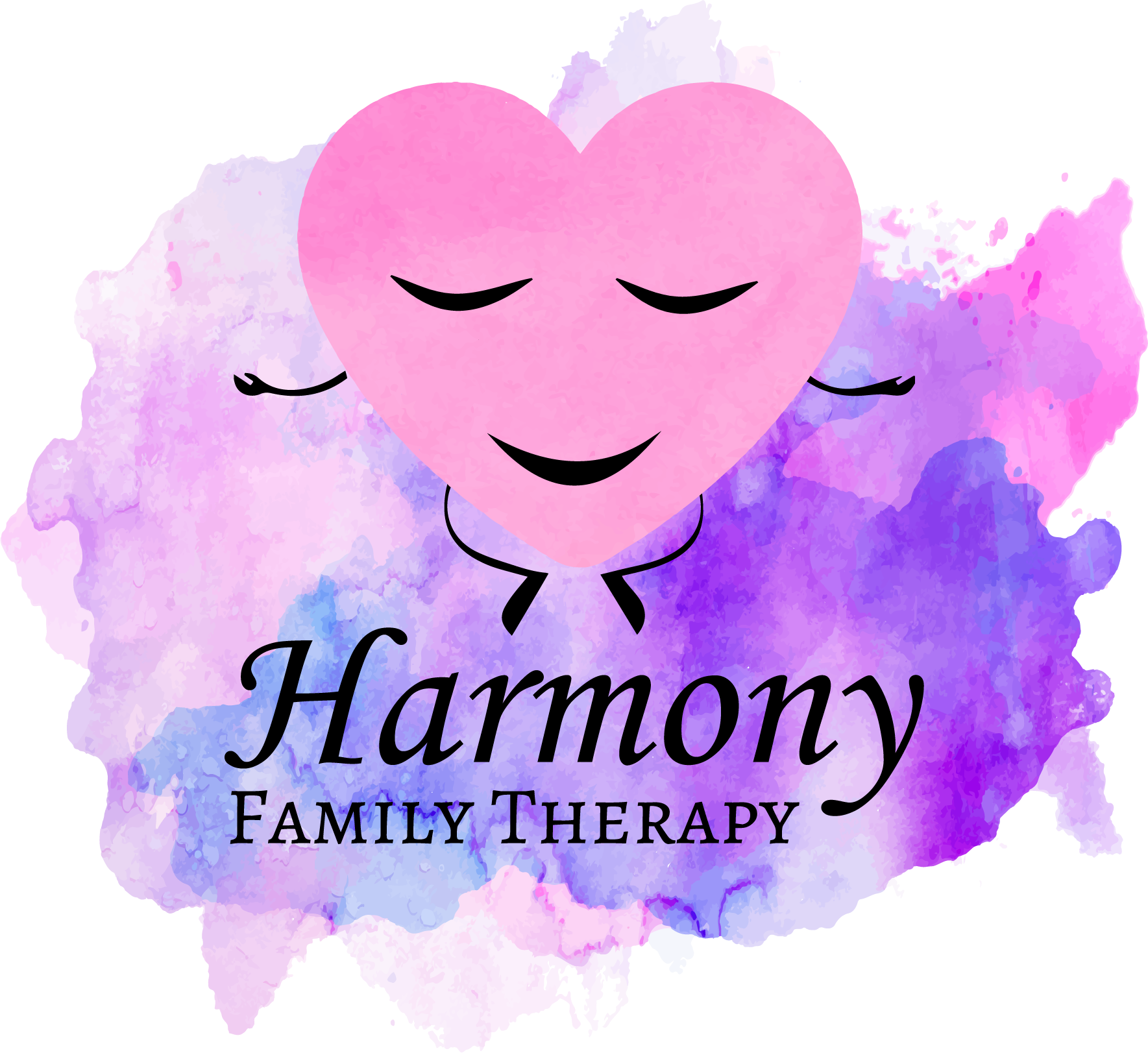Anxiety is a common emotion that everyone experiences from time to time. However, for some children, anxiety can be a debilitating condition that interferes with their daily lives. Anxiety can manifest in many different ways, and it can be difficult for parents to know what to look for.
Here are 9 ways that a child’s anxiety can show up as something else:
- Sleep problems. Children with anxiety often have difficulty falling asleep or staying asleep. They may also wake up frequently during the night or have nightmares.
- Avoidance. They might stay away from certain situations, places, or activities they think will trigger anxiety. This could include school, social gatherings, or even certain foods. Recognizing and addressing these avoidance patterns can help reduce anxiety and support their emotional well-being.
- Physical symptoms. Anxiety can cause a variety of physical symptoms, such as stomach aches, headaches, and muscle tension.
- Behavioural problems. If your child is having a lot of temper tantrums, showing aggression or social withdrawal, the underlying cause may actually be anxious feelings.
- Defiance. Refusal to comply may be stemming from overwhelming feelings of inadequacy. This defiant behaviour can be a way for them to regain a sense of control or create a buffer against their anxious feelings.
- Poor concentration. Children with anxiety may have difficulty concentrating in school or at home because they are so caught up in their own thoughts, that they are not paying attention to what is going on around them.
- Reassurance seeking.. This constant need for reassurance can stem from their fear of uncertainty. Whilst providing reassurance is important, it is also crucial to help children develop coping mechanisms and strategies to manage their anxiety independently. Balancing support and guidance while encouraging self-reliance can empower anxious children to gradually build resilience and cope effectively with their anxious thoughts and worries.
- Anger. Anger and anxiety are closely linked. Anxiety happens when kids think something is a bigger problem than it really is and believe they can’t handle it. When children worry a lot and feel like they don’t have the skills to deal with their anxiety, they may start feeling helpless. This helplessness can then turn into frustration, which can come out as anger.
- Perfectionism: Children with anxiety might always aim for perfection in everything they do. While wanting to do well isn’t necessarily a bad thing, it becomes concerning when they constantly worry about making mistakes or fear failing. This anxiety-driven pursuit of flawlessness can lead to being overly critical of themselves, avoiding challenges, and feeling less confident.
If you are concerned that your child may be struggling with anxiety, it is important to seek help earlier rather later. Early intervention can prevent anxiety from worsening and potentially leading to additional complications, such as depression or other mental health disorders. Moreover, it provides your child with the necessary tools, coping strategies, and support to manage their anxiety effectively. Here at Harmony Family Therapy, we can help you and your child manage these anxious feelings and learn skills which will foster their emotional resilience and promote a positive trajectory for their future mental health.
Remember, you are not alone. There are many resources available to help you and your child cope with anxiety.
